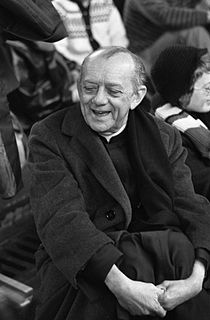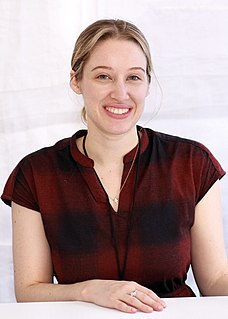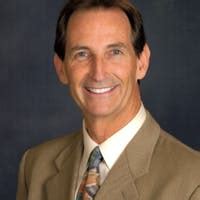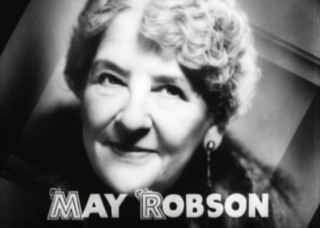A Quote by Stephen LaBerge
There is only one essential difference between consciousness and dreaming, and that is sensory input. Your experience is a dream, so is my experience. This stuff about how the frontal cortext is repressed during dreaming. Lucid dreaming presents an obvious contradiction to it. The only difference is sensory input.
Related Quotes
Your wits can't thicken in that soft moist air, on those white springy roads, in those misty rushes and brown bogs, on those hillsides of granite rocks and magenta heather. You've no such colours in the sky, no such lure in the distances, no such sadness in the evenings. Oh the dreaming! the dreaming! the torturing, heart-scalding, never satisfying dreaming, dreaming, dreaming, dreaming!
The deep secret of the brain is that not only the spinal cord but the entire central nervous system works this way: internally generated activity is modulated by sensory input. In this view, the difference between being awake and being asleep is merely that the data coming in from the eyes anchors the perception.
As far as the dreams go, really I would only point to there are times in my life where I experienced lucid dreaming, which is a big feature of Inception - the idea of realizing you're in a dream and therefore trying to change or manipulate it in some way. That's a very striking experience for people who have it.



































